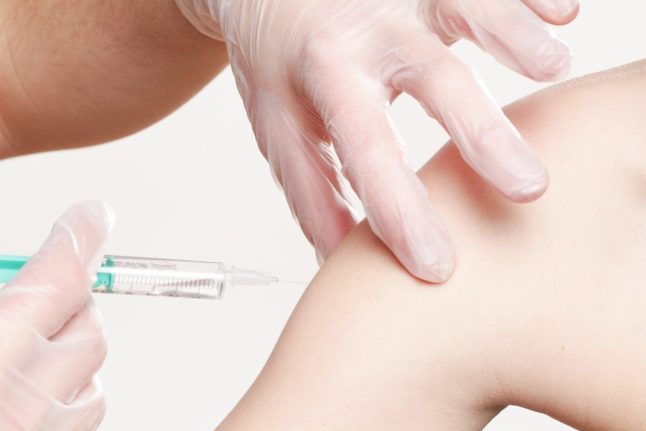This comes as the Spanish government announced a target of 15-20 million vaccinations, around a third of the population, by mid-2021.
There are now a few different vaccines which have been proved successful against Covid-19 during testing, but one of the biggest hurdles for governments will be to convince enough of their citizens to get one, so that herd immunity can take place.
Even in Spain, where vaccination rates are typically high, this may prove to be difficult, as shown by the official survey by the Centre for Sociological Studies (CIS).
The results showed that just a third of the population would be ready to take the Covid-19 vaccine immediately, while 55.2 percent of them would want to wait and see what the potential side effects could be fist. The poll was carried out between November 23 and 26 on 2,130 people.
However, out of the 55.2 percent of people who would rather wait, almost 60 percent said that they would change their mind if their doctor recommended them to take it because they were at risk or were putting their family members at risk.
Only 8.4 percent of Spaniards would refuse to take any sort of vaccine.
Last week the Spanish government unveiled its vaccination plan for when the vaccines are approved. Health Minister Salvador Illa has said that the Covid-19 vaccine will be free and voluntary.
The plan is to start vaccinating in nursing homes first from January.
Prime Minister Pedro Sanchez has said that he expects to have between 15 and 20 million people to be vaccinated by May or June 2021. This would be just under half of the population, as Spain has 47 million inhabitants.
In a previous CIS survey, carried out between November 3 and 12, 36.8 percent said they would take the vaccine shot immediately, while 47.8 percent said they would not, however the question in that survey did not include the option of waiting for the effects to be known first.
READ MORE:



 Please whitelist us to continue reading.
Please whitelist us to continue reading.
Member comments